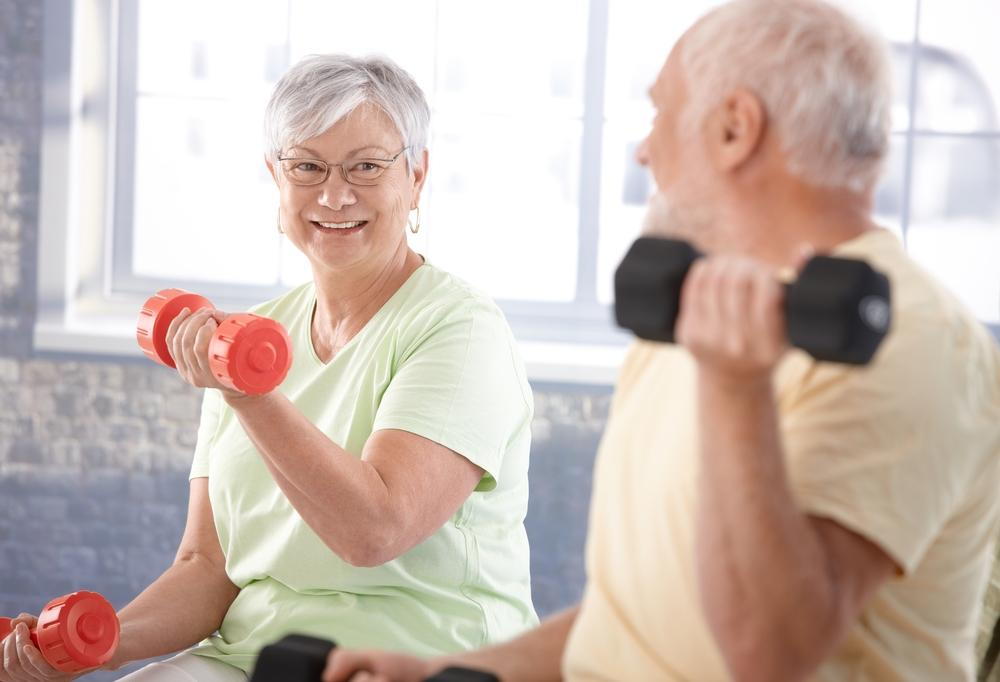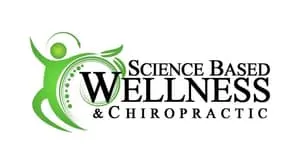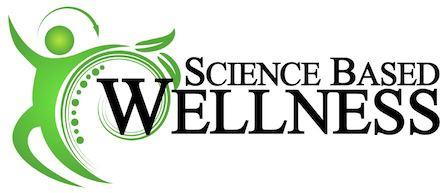
- posted: Jul. 29, 2019
A gradual loss of muscle mass or Sarcopenia begins as we reach our late 30s and can continue a steady, downhill course quicker than you think. If you are physically inactive you can lose as much as 3 to 5 percent of your muscle mass per decade after age 30.
While everyone loses some muscle mass with age, it is possible to prevent and even reverse with regular exercise and other natural methods:
Exercise
Without question, exercise is the most powerful tool to prevent muscle loss. Research has shown that a program of resistance training, in particular, can improve muscle strength and frailty in elderly adults. Daily exercise is recommended, but a minimum of 3 days per week can slow muscle loss and prevent Sarcopenia.
Eat More High Quality Protein
Protein is the most valuable food for building and repairing muscle fibers. Studies show that both men and women over age 70 eat significantly less protein than recommended on a daily basis. But when it comes to preventing or repairing muscle loss, it's not just how much you eat, but also what type of protein you are eating as not all protein is created equal. We recommend the following proteins are included in your diet:
1. Free-range eggs
2. Egg, Pea or Vegetable based protein powder (organic)
3. Lentils
4. Wild-caught fish (salmon, mackerel, tuna etc)
5. Organic Chicken
6. Grass-fed beef
7. Black beans (or other bean varieties)
|
|
Office Hours
by appointment only
10:00 am - 5:00 pm
12:00 pm - 5:00 pm
1:00 pm - 5:00 pm
Closed
Location
Find us on the map
Main
10033 Sawgrass Dr. W Suite 204
Ponte Vedra Beach, FL 32082, United States




